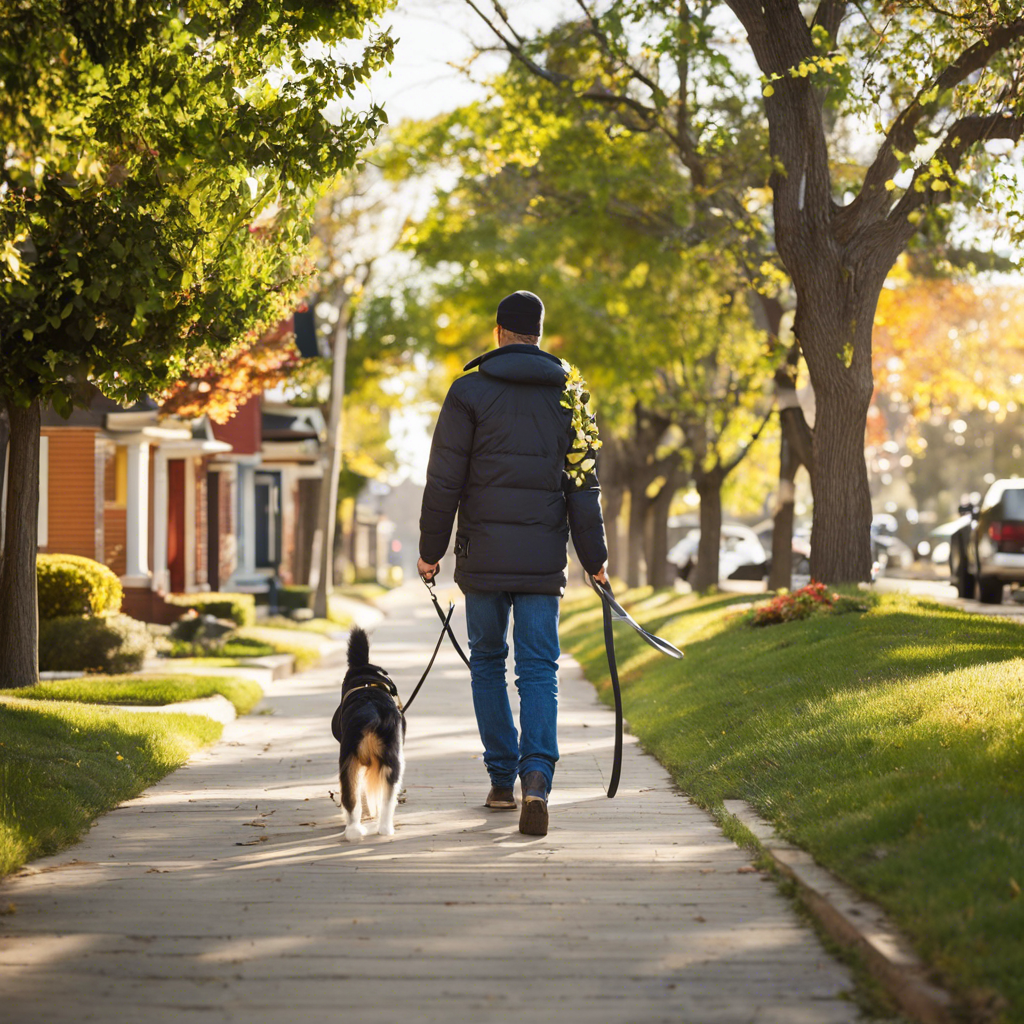Exploring the surprising connection between pet ownership and neighborhood safety perceptions, this article delves into the unexpected role of our furry companions.
Pets have long been cherished companions, offering unconditional love and countless moments of joy. But beyond the emotional bond, emerging research suggests that pet ownership may also play a unique role in shaping our perception of neighborhood safety. This article delves into the fascinating relationship between pets and our sense of security, exploring the various ways in which our furry friends can influence the way we view and experience our surroundings. From the psychological benefits of animal companionship to the practical aspects of neighborhood watch, get ready to discover the surprising ways pets can contribute to a safer and more connected community.
The Dog’s Bark: A Psychological Barrier Against Crime
The impact of pets on neighborhood safety begins with their mere presence. As guardians of our homes, dogs serve as a psychological barrier against potential criminals. Their territorial nature and protective instinct can deter wrongdoers, creating a powerful deterrent effect.
The Science Behind Dog Deterrence
Research has shown that the mere sight or sound of a dog can significantly reduce the likelihood of burglaries and other crimes. A study by the University of Northampton found that the presence of dogs in a neighborhood was associated with a lower perception of crime risk. This phenomenon is often attributed to the natural vigilance and protective instincts of dogs, making them highly effective in crime prevention.
The power of this deterrent effect is further supported by a study published in the Journal of Criminal Law and Criminology, which found that the presence of dogs significantly reduced the frequency of both property crime and personal crime. The study’s results suggest that dogs can serve as a formidable crime deterrent, highlighting the potential for pets to contribute to safer neighborhoods.
Benefits of Dog Ownership:
- Crime prevention
- Enhanced neighborhood watch
- Improved social connections
Community Bonding Through Pet Ownership
Pet ownership goes beyond the individual; it has the potential to foster a strong sense of community. When neighbors come together to care for and connect over their pets, it strengthens social bonds and creates a network of support.
The Power of Social Networks
In the context of neighborhood safety, a tight-knit community can be a powerful tool. When residents know and trust one another, they are more likely to look out for each other’s well-being, including the safety of pets and property. This collective vigilance can deter criminal activity and create a more secure environment for all.
The Journal of Community Psychology published a study that examined the impact of pet ownership on social capital and community engagement. The findings revealed that pet owners were more likely to engage in community activities and form stronger social connections. This increased community involvement can lead to a safer and more cohesive neighborhood.
Neighborhood Watch: Pets as Partners
Pets can play a significant role in neighborhood watch programs. Their heightened senses and natural territorial instincts make them excellent partners in detecting and alerting owners to potential threats.
The Role of Community Involvement
When pets are actively involved in neighborhood watch initiatives, they can contribute to a more vigilant community. Their presence during patrols, along with their keen senses, can help identify suspicious activities or individuals, providing a valuable resource for neighborhood safety efforts.
Tips for Involving Pets in Neighborhood Watch:
-
Train pets to recognize and alert to unfamiliar sounds or activities.
-
Incorporate pets into community events to promote bonding and awareness.
-
Encourage pet-friendly neighborhood watch programs to increase participation.
FAQs
Are certain breeds of dogs better at deterring crime?
While certain breeds may have a reputation for being more protective, any dog, regardless of breed, can be an effective crime deterrent. It’s more about the presence and behavior of the dog rather than its breed.
Can pets help build community bonds even in urban areas?
Absolutely! Urban areas can benefit greatly from pet-centered community initiatives. Pet-friendly events, such as dog parks and community walks, can bring residents together and foster a sense of belonging.
Are there any drawbacks to involving pets in neighborhood watch programs?
It’s essential to ensure that pets are well-trained and supervised during neighborhood watch activities. Proper training and responsible ownership are key to ensuring the safety and effectiveness of pets in these initiatives.
Conclusion: Pets and Community Safety
The effects of pet ownership on neighborhood safety perceptions are multifaceted. From their psychological impact on deterring crime to their role in building community bonds, pets can significantly contribute to a safer and more connected neighborhood. By leveraging the unique qualities of our furry companions, we can create an environment where residents feel secure and supported. Whether through their protective instincts or their ability to bring people together, pets have the power to transform our communities, making them safer and more welcoming for all.
Suggested External Links:
1. Pets and Community Safety
2. The Role of Pets in Community Health and Well-Being
3. The Healing Power of Pets: Harnessing the Human-Animal Bond in Mental Health Treatment
